
The decision of bringing a life into this world is exhilarating and exhausting at the same time. There is a clear shift in purpose of one’s life as soon as you hold your tiny packet in your hands. The one’s whose schedules were tightly packed with back to back meetings, venturesome trips, dates and self-care; find themselves at the beck and call of the small wonder.
The fact is we become parents the moment we hold our sack of sugar, however, parenting is a journey. We all wish to raise and nurture healthy and happy babies. And not to mention that we all hope to become ‘Super Moms’ and ‘Super Dads.’ In the process we incorporate different philosophies and styles of parenting.
Sometimes we read about them and try to imbibe them, sometimes they come when we listen to others experiences and sometimes it’s more of a mother’s instinct. In times where there is lack of support, striking connection and building relationship with the baby may become a complex task. That’s when basic principles and philosophies, like attachment parenting play an eminent role in building and shaping your relationship with your bundle of joy.

Image Credit: https://www.youtube.com/watch?v=EKdlw1lXzZE
What Is Attachment Parenting?
Going by the definition, attachment parenting is a parenting philosophy that focuses on promoting attachment of infant and parent by continuous bodily touch, proximity and by utmost parental responsiveness, empathy and affinity. An American paediatrician, William Sears coined this term ‘attachment parenting,’ in 1982.
In simpler words, the focus of attachment parenting is on nurturing connection between the parent and the infant which in term will help in raising independent, empathetic and secure children. The concept of attachment parenting is that a parent’s responsiveness, affinity and connection have a timeless effect on the child’s future relationships and emotional well-being. There are certain designated “tools” that help in forming emotional and physical parent-infant bonds. This approach is based on the premise that babies and young children who are raised the attachment way, with closeness and responsiveness grow into confident children.
Principles of Attachment Parenting
Attachment Parenting offers clarity and helps you in nurturing a happier baby. It is said that children who are raised by this method grow into empathetic and caring human beings. The approach lays stress on the fact that nurturing a baby is not just about rules, it is about creating a special relationship. So if you wish to adopt this approach while you raise your bundle of joy, scroll through the principles of attachment parenting that will guide you better.
- Birth bonding – The attachment parenting method lays emphasis on the initial bonding between the baby and the parents, immediately after birth and up to six weeks. This bonding is considered to be a stepping stone in forming a long-term healthy child-parent attachment. This includes constant togetherness between baby and parents and skin-to-skin contact.
- Breastfeeding – Breastfeeding your baby is considered to be an essential way of soothing and healthfully nurturing your baby. It leads to skin-to-skin contact, promoting physical touch and helps in releasing hormones that possibly amplify motherly instinct
But mamas out there, you need to note this - we are well aware of the fact that breastfeeding can be physically and emotionally taxing. And many new moms who wish to breastfeed their babies are not able to do that due to well-grounded reasons; after all human body is one complex system. So please don’t get worked up.
Attachment parenting and science lays emphasis on breastfeeding, however, mother-baby bonding and the child’s nutritional requirements can be fulfilled by other feeding methods as well. So breathe in and breathe out, you can still give attachment parenting a try, even if breastfeeding does not fit your scheme of things.
- Baby wearing – The attachment parenting philosophy promotes baby wearing, as that gives the required physical closeness that in turn builds the trust between the baby and the caregiver. So yes, you may grab that baby sling bag or baby carrier that you have been eyeing and you are good to go.
- Bed sharing – This tool is regarded to be one of the most controversial principles of attachment parenting. It says that co-sleeping with the infant is important in order to reduce the child’s separation anxiety at night, feeding and soothing the baby becomes easier.
However, American Academy of Paediatrics (AAP) advises that co-sleeping or bed sharing may increase the risk of SIDS or sudden infant death syndrome.
However, AAP also released the Safe Sleep Guidelines that recommend sleeping in the same room with you baby for minimum six months up to one year, but the sleeping surfaces should be different. AAP states that bed-sharing can increase the risk of SIDS whereas room sharing can decrease it by 50 percent.
- Crying is an attachment tool – Baby cries are considered as a mode of communication in attachment parenting. This is the style in which the baby communicates and parents or caregivers sensitively respond to the baby’s needs. So when you hear the coos and cries of your baby, the possible reasons may be that the baby might be hungry, might need a diaper change, might want you to hold him close, stomach ache or maybe for no reason. You have to identify the reason and act responsively to the child’s need. Reading this and thinking that it’s hard to get it? Not as much as you think, you will get a hang of it within a very short span of time.
- Sleep Training – This approach does not promote infant sleep training. The argument behind it is that such training my lead to hardening a mother emotionally and that there is no scientific proof that such training leads to better sleep. So mamas and daddies out there, trying hard to put the little one to sleep when her eyes are all glittering with naughtiness might not be a good idea, rather rest when the baby sleeps sounds more logically, isn’t it?
- Balance – Undoubtedly parenting is a roller-coaster ride. One moment you find yourself going by the book, making sure that the little bud abides by the rules set by you, and the next moment you find yourself melting at that “one more chocolate pleaseeee.” This approach advocates that parents need to guide, redirect, and mould positive behaviour in babies from the very beginning. It also emphasise the need for parents to take care of their relationships, emotional needs and health so that they can raise healthy babies.
However, we understand that abiding by the balance concept becomes a bit difficult, especially during the initial phases of parenthood. You are struggling to strike equilibrium between the baby and all your other responsibilities. Just hang in there, the balance is bound to come.
Benefits of Attachment Parenting
Attachment Parenting focuses on creating loving and warm baby-parent relationship in contrast to cold, distant or strict parenting approaches. It is considered that the primary caregiver or parent serves as “psychic organizer’ for the baby. Studies have showed that the children who have an attachment history are likely to develop greater independence and confidence. Following are the benefits of attachment parenting.
- Attachment parenting develops a sense of self-agency and mutual giving.
- It leads to closer relationships and friendships later in life.
- It gives way to higher self-esteem and better stress management.
- Babies raised with attachment parenting build positive, trusted and happy relationships and have higher social competence.
- It helps babies to develop better coordination in social groups when they enter adolescence.
- It paves way for mutual shaping of personality and behaviour. It also enhances mutual sensitivity between the child and the parent.
- The human brain grows more during infancy than at any other time. Attachment parenting helps babies to learn faster and better, hence making them smarter.
- Babies raised the attachment way learns to give and receive love. They grow better, feel right, act right and are better organized.
- Attachment parenting helps the babies to learn the language faster and establish healthy independence.
- It guides parents to become keen observers, flow with the baby’s temperament and read baby’s cues.
- Attachment parenting also helps parents and caregivers to respond intuitively and be more sensitive.
- Parents are able to distinguish between which advice to pay heed to and which to let go.
Criticisms of Attachment Parenting
There are always two sides of a coin. While we have learnt the benefits or pros of attachment parenting, it is also important for us to understand the cons or the criticisms of attachment parenting. Following are the points listed by the critics.
- Attachment parenting induces parents to be always available, which might not be the case with everyone. And if they are not able to maintain the desired proximity with the baby, it may lead to guilt trips.
- A very serious drawback of attachment parenting is the risk of SIDS due to co-sleeping or bed sharing. It is advisable to adopt room-sharing and making sure that the baby sleeps securely and separately on a different sleeping space but in the same room.
- Despite the baby being safe and sound, parents might get obsessed with the baby’s safety and try to keep an eye on the baby all the time which can be strenuous.
- Attachment parenting could be harmful in the long run. If parents do not punish the child for the sake of attachment, chances of children taking advantage of the situation and doing things on his/her own would be high.
- Alternatively, attachment parenting can make the child overly dependent. If parents do everything for him, and take all his decisions for him, the child might not develop the sense of independence and might probably remain dependent on the parents or caregivers.
- Attachment parenting can lead parents to give excessive time to the baby, thus, often ignoring their other relationships.
- Attachment parenting’s effects are not documented or backed by a lot of research and thus, implementing this tool completely might be emotionally and physically challenging for the parent.
- This approach lays emphasis on physical closeness and breastfeeding which can be very sapping and might affect the mother’s sleep pattern, intimacy with the partner or her work commitments.
Conclusion – Just like every pregnancy is different, each child is different. It’s hard to pick one parenting style because what might suit your family ecosystem might not work for someone else. Parents often pick a parenting style that blends well with their value system. It makes perfect sense to look at the larger picture and keep intact your relationships with your family, partner and friends while you nurture the new life that has just rocked your life in so many ways.
As you go through the peaks and valleys of parenting, you can sure relay on your own parenting ways that ebbs and flows. What we wish to convey is that while you chose your style make sure that you adopt evidence-based practices that work in sync with the safety and health of your kiddiewink.
So dear parents, congratulations as you embark on the most beautiful phase of your life. We hope the boss baby takes it easy on you. Wink!
Article Source:
Source - https://www.healthline.com/health/parenting/attachment-parenting#infants
https://en.wikipedia.org/wiki/Attachment_parenting
 Step-By-Step Guide To Burp Your Baby: How and When?
Step-By-Step Guide To Burp Your Baby: How and When? Excessively Crying Baby: Reasons & Remedies to Comfort Your Infant
Excessively Crying Baby: Reasons & Remedies to Comfort Your Infant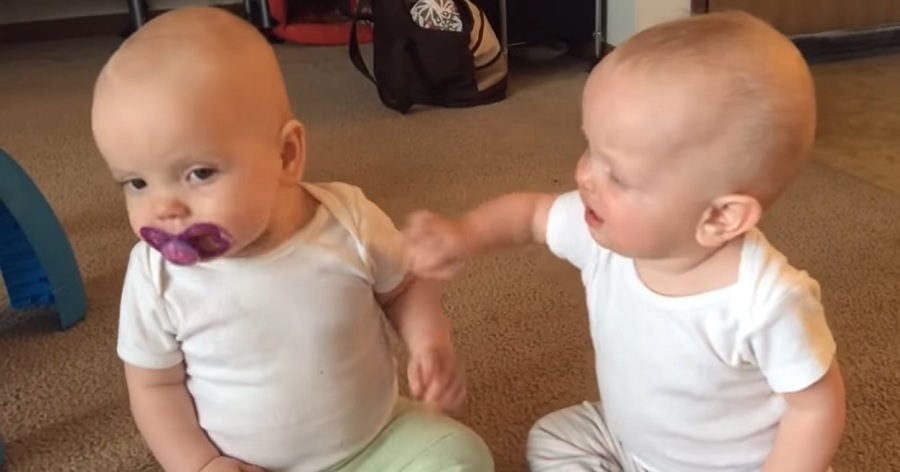 Baby Pacifiers Guide: Advantages, Disadvantages And How To Wean The Baby From A Pacifier
Baby Pacifiers Guide: Advantages, Disadvantages And How To Wean The Baby From A Pacifier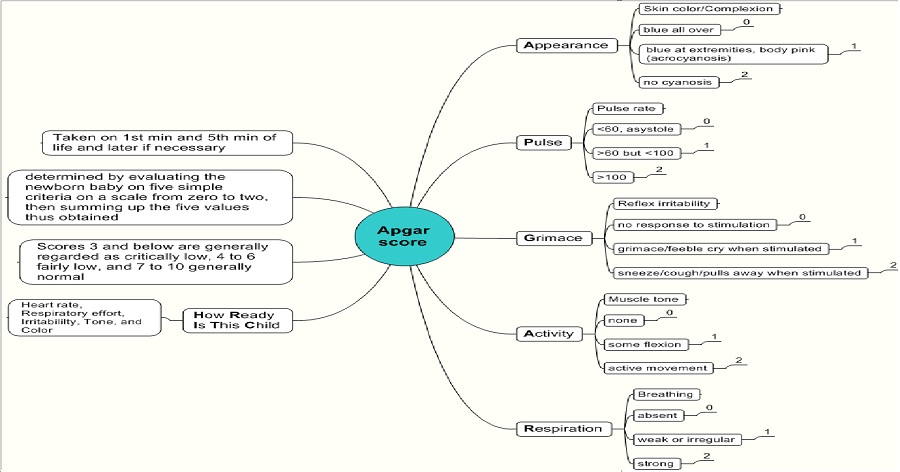 APGAR Score
APGAR Score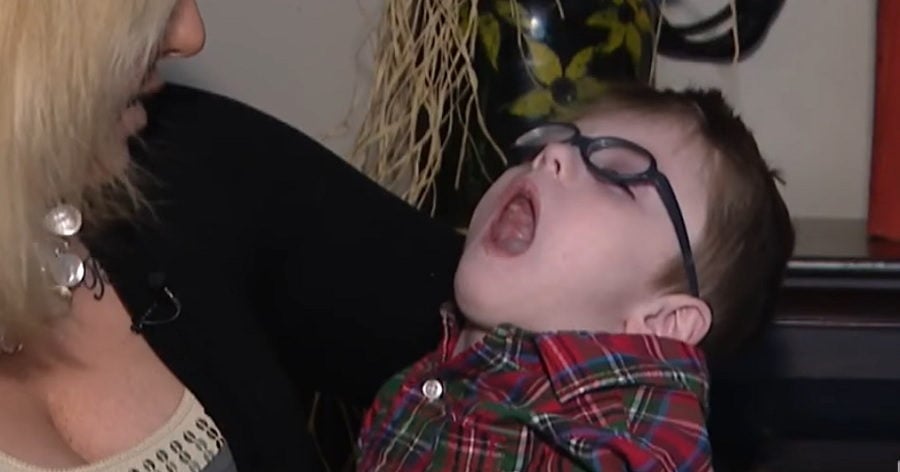 Shaken Baby Syndrome
Shaken Baby Syndrome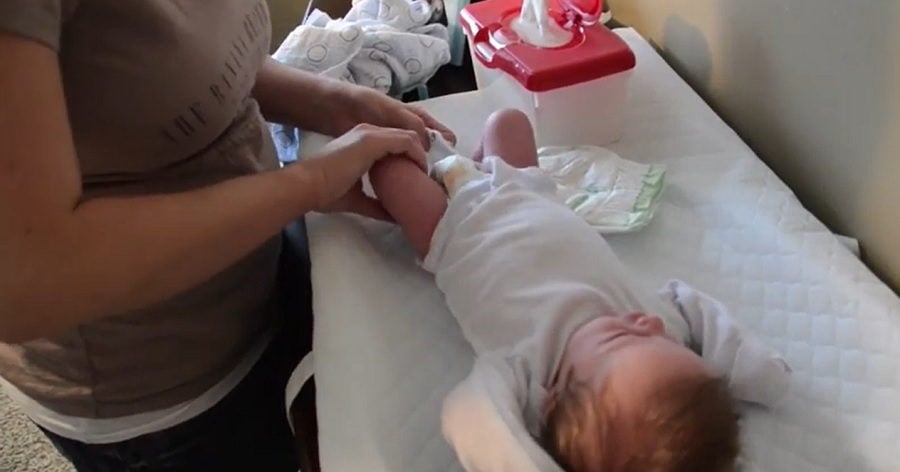 Types of Diaper Rash: Tips & Home Remedies To Treat Nappy Rash Naturally
Types of Diaper Rash: Tips & Home Remedies To Treat Nappy Rash Naturally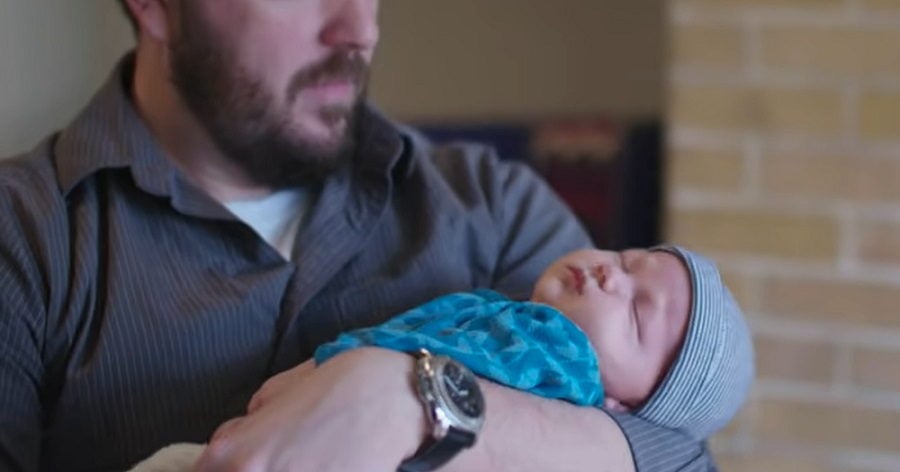 A Step-By-Step Guide on Infant Sleep Training: Baby Sleep Methods, Sleep Schedule & Sleep Position
A Step-By-Step Guide on Infant Sleep Training: Baby Sleep Methods, Sleep Schedule & Sleep Position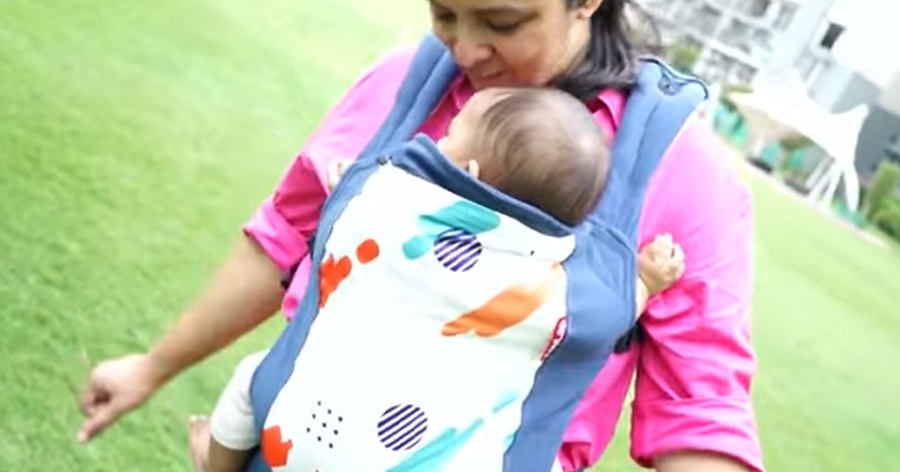 Baby Safety Products
Baby Safety Products